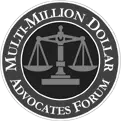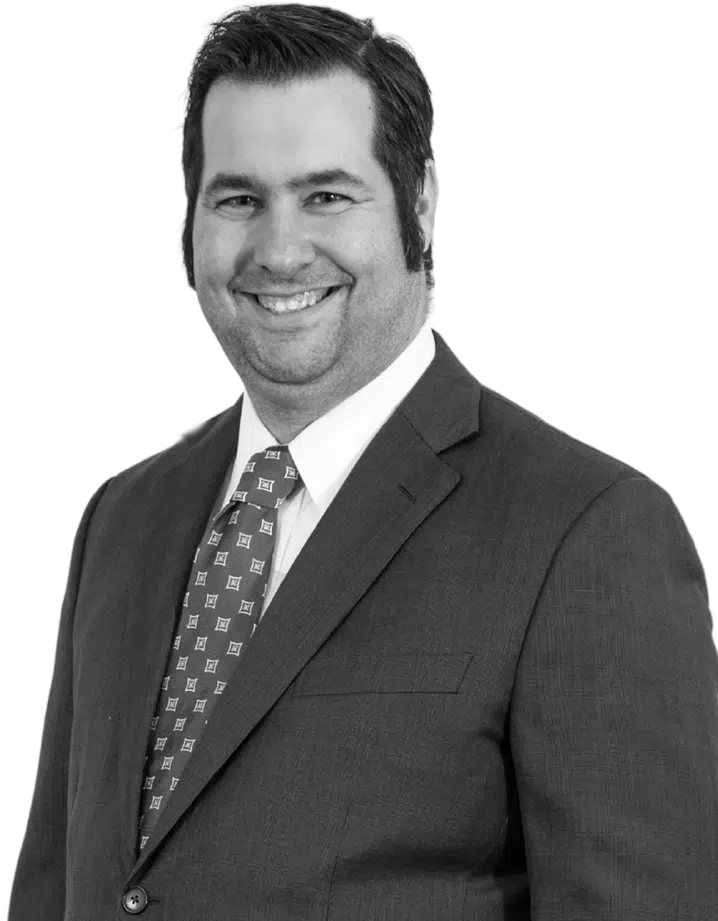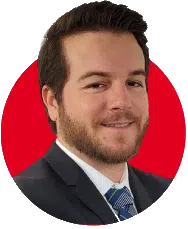Insurance Lawyers Serving All of Louisiana







Working For YOU
WE’RE HERE TO MAKE YOU WHOLE
The Truth Is...

About Us
By specializing exclusively in property casualty claims, we’ve established ourselves as the foremost experts in the following areas:
business interruption
flood damage
hail damage
hurricane damage
insurance bad faith
mold damage
pipe burst
sewer damage
sinkhole damage
stolen car claims
storm damage
theft claims
tornado damage
water damage
wildfire damage
wind damage
fire damage/loss
Homeowners Insurance Claims
Client Testimonials

After my house caught on fire, I didn’t know where to turn. They took the time. They explained everything to me. I think God sent them to me- and I call them angels.

Galen stands above the rest! He is calm under pressure, calculated, decisive, and a compassionate advocate for his clients. I can’t thank him enough for everything he’s done. Meeting Galen has been a game changer! Thank you, Galen!

This is a fantastic firm. In every experience I’ve had with them, they were both courteous and professional. I would highly recommend them.

David Spinner and Galen Hair handled my case. They did a phenomenal job!! I am so impressed. I would use them for any legal need, complex or simple. They’re a sophisticated firm that is still relatable. I’ll use them again for sure.
PODCAST







